Blockchain tokenization of real-world assets is continuing to gain momentum as new investments are being made across the industry. And many investors are now directing their focus on blockchain as they are constantly hearing about the 'tokenization' of assets. However, only one understands what it means or how it is distinct from other crypto investments.
Given the bleak prospects of the financial markets, a wave of blockchain technological innovations is emerging, bringing in potential benefits as well as new challenges. Tokenized securities - a new kind of blockchain-based asset - are fostering price stability, programmability, as well as transaction efficiency.
While many industries and markets are in their early phases of the adoption of blockchain and distributed ledger technologies (DLT), they are continuing to seek viable use cases. One such broad category is the creation of digitally tokenized assets, where the token either represents an interest that exists only in the Blockchain or an asset existing off the blockchain. Tokenization assists investors in improving the ability to manage asset-liability risk via accelerated transactions and improved transparency.
Read more: The Metaverse: How is it Revolutionizing the Way We Shop?
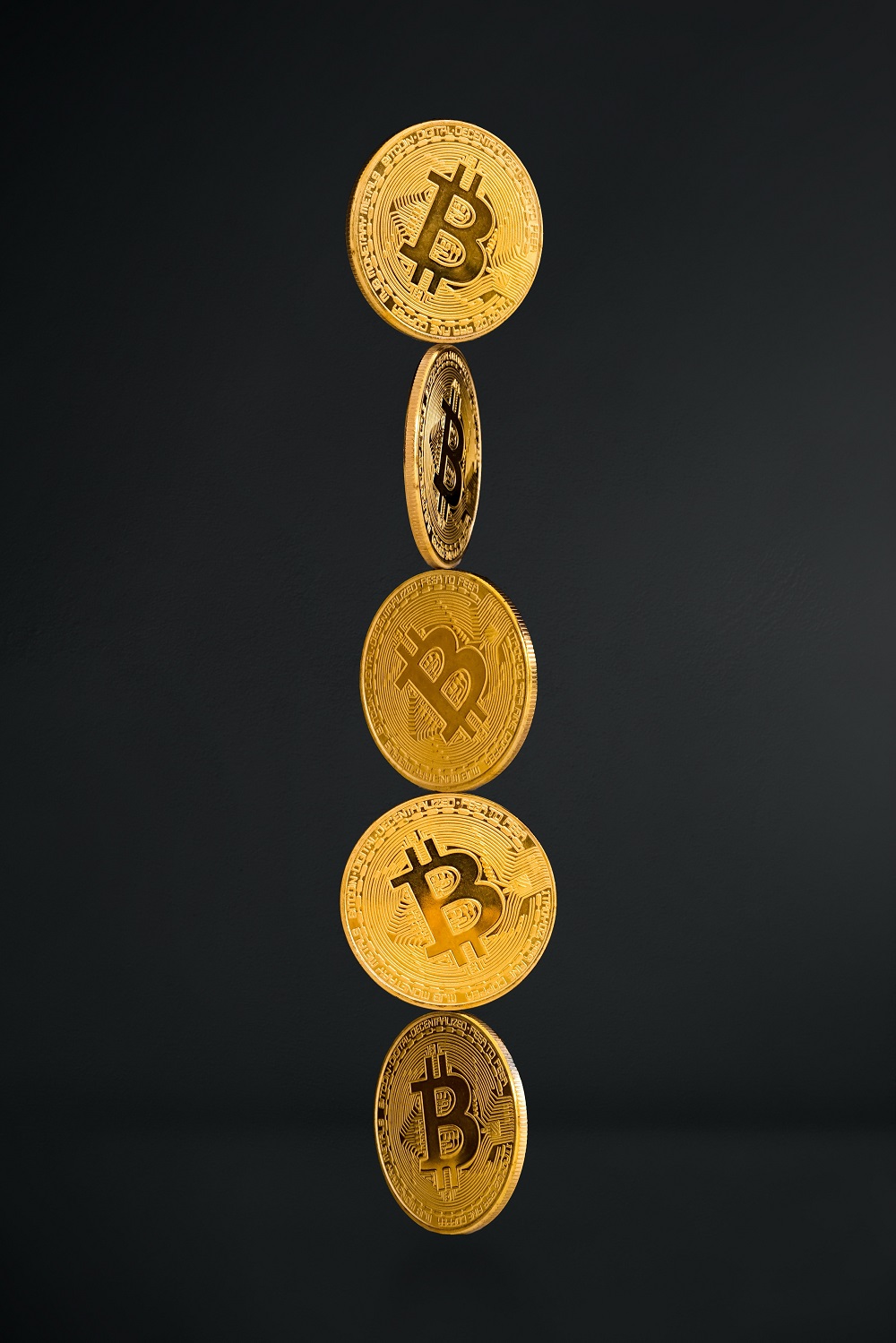
A Quick Glance at Blockchain Technology
There is plenty of technical jargon that is thrown around in this world of blockchain that can often confuse people. However, blockchain technology is simple. It is a set of ledgers of transactions that correspond against multiple nodes to ensure transactional accuracy as well as transparency. These ledgers are then recorded publicly on the blockchain for anyone to look them up. They are exactly like credit card statements, where every transaction is recorded on the public ledger database.
However, there are more elements that are required to fully grasp blockchain technology.
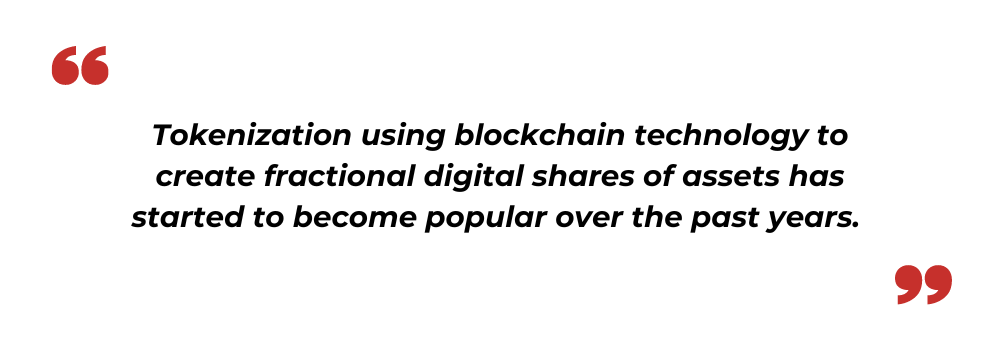
To begin with, typical blockchains have 'wallets' with a unique ID that corresponds to an account in traditional finance terms, which helps in making transactions happen on the chain with the public, as well as a secret key. If the user has access to both keys, they can record a transaction to the blockchain.
The second vital aspect is that blockchains consist of a primary currency, which is a symbol like XLM, ETH, or XRP, and they contain tokens. Tokens are like currency, except they are usually issued onto the chain by third parties. The tokens usually represent other things like 'stable' coins or tokenized assets. A token is simply a quantity unit with a name. The quantity can be bought or traded by the user on the chain. The ledger helps in keeping track of who holds what quantity in which account.
And lastly, there is still some confusion about the different blockchains and the chain that holds tokens.
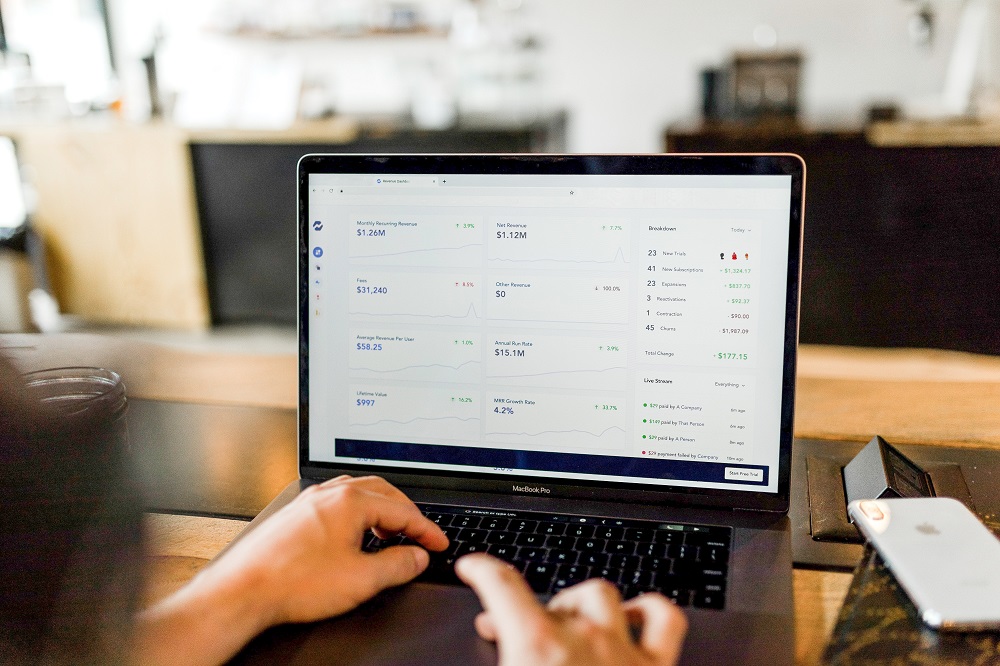
Defining Tokenization
Not a relatively new component of the blockchain world, the tokenization of real-world assets is garnering the attention of almost all industries. Fundamentally, tokenization is deemed as a process of converting rights or a unit of asset ownership to digital tokens on a blockchain. Tokenization can be incorporated into regulated financial mechanisms like equities and bonds and tangible assets, as well as tokenize copyright to works of authorship in music or other intellectual property.
Tokenization is the process of designing, programming, protecting, launching, marketing, and storing a series of blockchain tokens. This procedure helps in replacing sensitive data with tokens. However, it is not a one-off event prior to the token process but a continuous one. The benefits of tokenization are apparent for assets that are not traded electronically, like works of art or exotic cars, along with those elements that require increased transparency in payment and data flows to enhance their liquidity and tradability.
Read more: Blockchain Gamification and the Emergence of Innovative Business Models

Benefits of Tokenization
The tokenization of financial assets offers a range of benefits to market participants or investors. They include-
-
A comprehensive investor base
-
Broader geographic reach:
-
Reduced settlement times
-
Infrastructure advancement
-
Decreased cost for reconciliation in trading
-
Regulatory evolution of regulatory frameworks
-
Enhanced asset-liability management
-
Increase in available collateral
The Disparity Between Centralized and Decentralized Exchanges
There are two kinds of token exchanges - centralized and decentralized. Centralized exchanges have a high risk of compliance issues with securities and broker registrations, as there is one private centralized organization that controls the trade executions. At the same time, decentralized exchanges authorize token holders to trade peer-to-peer with each other. These transactions are executed by a group of nodes across different jurisdictions. This helps in removing the possibility of portal operators executing any trades while allowing token holders to maintain their own secondary market.
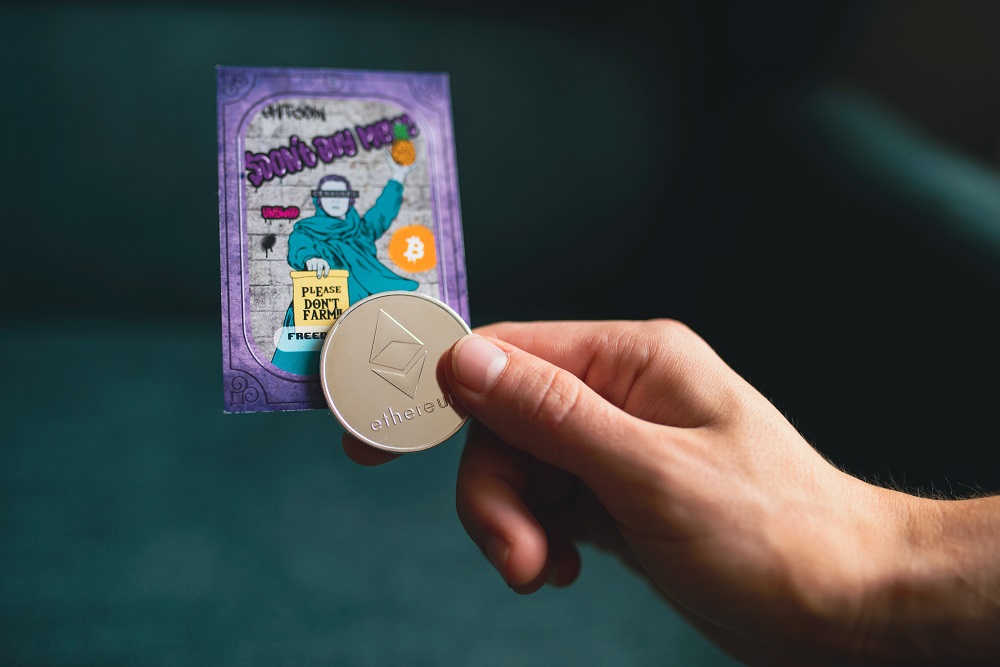
Why is Tokenization Important?
Today, digital is considered one of the most convenient and favored platforms for availing services as well as making purchases. With the increased frequency of making online transactions, many end up saving their payment details on merchant sites, which indicates that the payment partners have access to the sensitive financial information that should be highly personal. In order to secure the data and protect the customers along with merchants and banks, blockchain tokenization is enabling organizations and prohibiting merchants from storing debit and credit card details on their servers. A safer and more convenient alternative, the adoption of tokenization aids in replacing one’s sensitive card details with a non-sensitive and uniquely generated code referred to as a token.
Regulation and compliance for tokenization often follow already established securities laws in the U.S. Across most of Europe and Latin America, there are still no specific laws for tokenization. Despite this, there is one primary set of international laws that most token platforms adhere to, which is anti-money laundering laws.
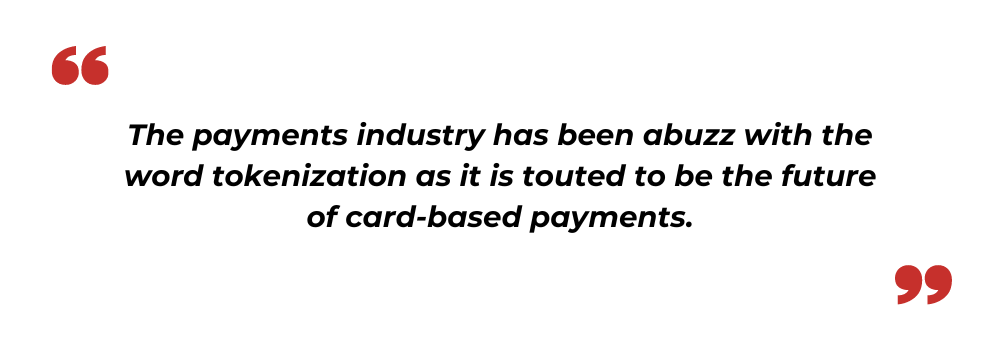
Read more: NFT Digital Art: The Technology that is Transforming Creativity
With blockchain-based tokenization maturing and growing in use, investors are exploring its potential to manage digital business and other assets beyond cryptocurrencies and NFTs. Technology leaders are now aiming to utilize tokenization as an added feature to their existing products and services, along with developing new ones. And as tokenization is growing rapidly across the industry, businesses are aiming to break it down to a level all investors can comprehend.
As investors are equally focused on designing the technology and the legal aspects from the ground up for a company, organizations are adopting means to help investors gain an in-depth understanding of blockchain technology, its compliance, problems, and the benefits of tokenization.

Key Takeaways
-
The rising popularity of blockchain tokenization, including NFTs and cryptocurrencies, represents only an early subset of the potential application of tokenization in other industries.
-
Beyond the proficiency to create and represent assets, tokenization also offers features in programmability, fungibility, fractionalization, and composability. These additional abilities are assisting in opening up new commercial possibilities for investment in the digital economy.
-
The large-scale adoption of tokenization blockchain will depend only if tokenization overcomes its challenges like lack of proven ROI, incompatibility with existing business models, lack of regulatory transparency, and immaturity of the technology components.
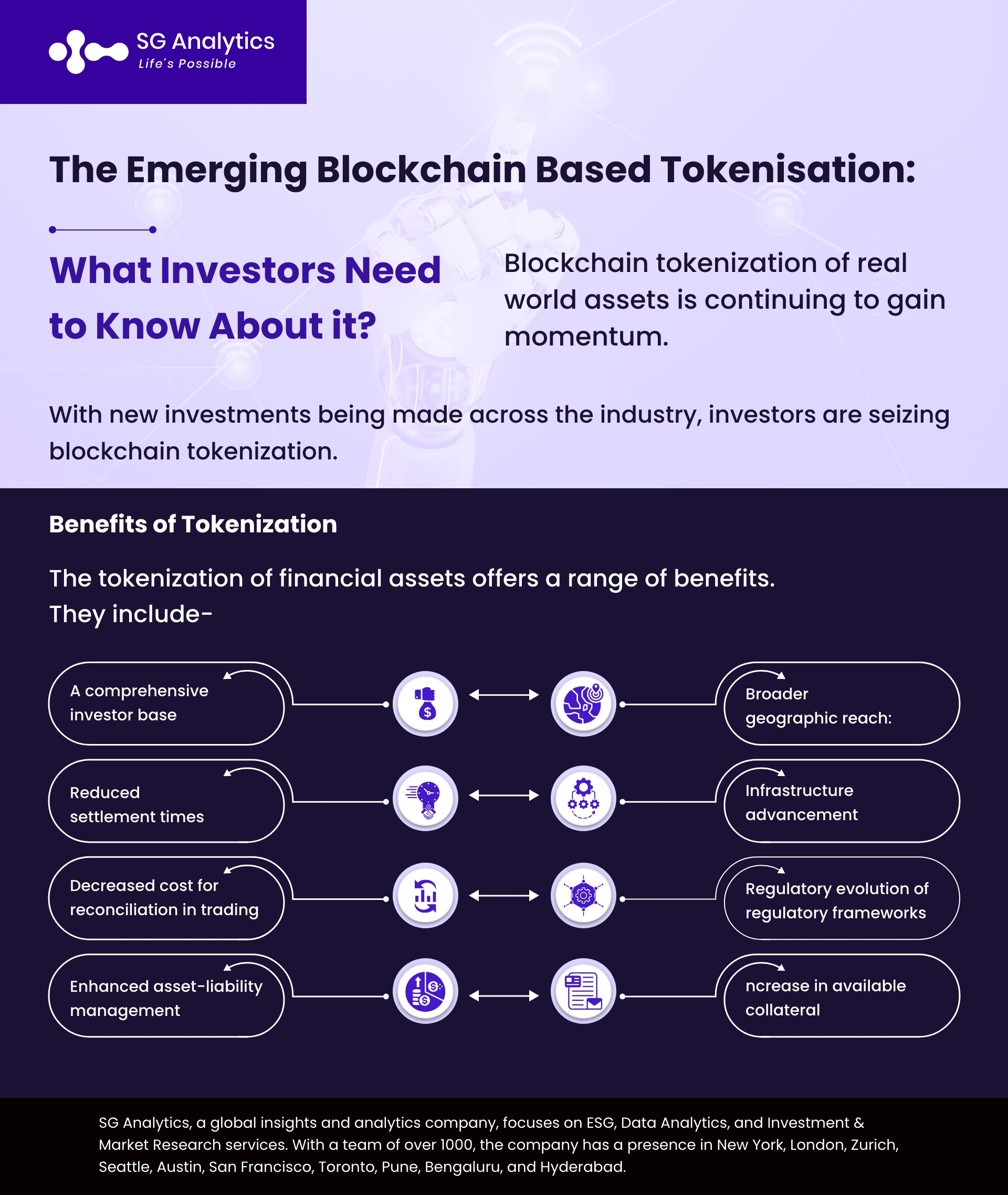
Will Tokenization create Significant Opportunities for Investors?
Cryptocurrencies, NFTs, utility tokens, and others are not subsidized by any contractual obligation to the token holder. They are simply considered as a ledger that shows an associated value. This indicates that the token holder owns a perception of that value.
This value depends on how many buyers or sellers are interested in the token in the market, along with additional factors like token issuance and burning by the issuer. This leads to creating a highly unstable investment product.
Read more: The Evident Crypto Crash: Will it Derail the Next Web 3.0 Revolution?
How is the industry tackling this crisis? Enters tokenization.
Blockchain tokens act as legal contracts for investors. This has led to leveraging tokens with a stabilized value that helps in creating a lower risk profile. Tokenization of financial assets helps in generating multiple income streams, like dividends or interest payments to the holders/investor. As tokenization is technologically driven and can be controlled by investors, it is possible to invent new financial instruments that were never created before.
Today blockchain technology is exciting as it offers alternative investment visions that help break the status quo and offer investors superior investment products to which they never had access before. It also simultaneously helps in reducing issuance costs along with ongoing exorbitant exchange fees.
Even with the world still, early in its earlier phase of the tokenization of assets, it certainly has been exhibiting the potential to dramatically change the dynamic investment ecosystem for investors and owners of multiple asset classes. Tokenization is truly being perceived as the future of investment.
With a presence in New York, San Francisco, Austin, Seattle, Toronto, London, Zurich, Pune, Bengaluru, and Hyderabad, SG Analytics, a pioneer in Research and Analytics, offers tailor-made services to enterprises worldwide.
A leader in the Technology domain, SG Analytics partners with global technology enterprises across market research and scalable analytics. Contact us today if you are in search of combining market research, analytics, and technology capabilities to design compelling business outcomes driven by technology.









